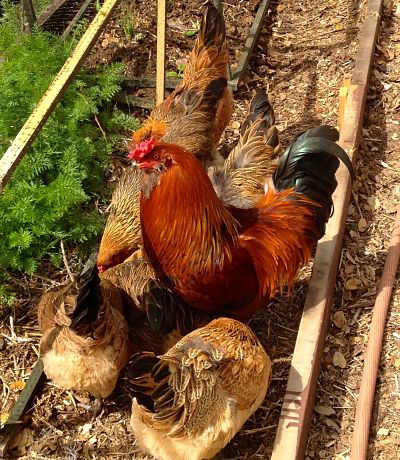Okay, time for a short rant about motivational pablum. Like Chicken Soup for the Soul (I’m NOT going to link to that), or the slightly more sophisticated message from Thich Nhat-Hanh which I saw on a blog I occasionally enjoy, An Improvised Life:
“We often ask, “What’s wrong?” Doing so, we invite painful seeds of sorrow to come up and manifest. We feel suffering, anger, and depression, and produce more such seeds. We would be much happier if we tried to stay in touch with the healthy, joyful seeds inside of us and around us. We should learn to ask, “What’s not wrong?” and be in touch with that. There are so many elements in the world and within our bodies, feelings, perceptions, and consciousness that are wholesome, refreshing, and healing. If we block ourselves, if we stay in the prison of our sorrow, we will not be in touch with these healing elements.”
There’s something about this kind of instruction (and I do admire the man!) that makes me want to go out and eat worms out of sheer perversity. Life is complicated and those healthy, joyful seeds also contain disease, death, despair, or as Berryman put it, “the image of the dead on the fingernail/of a newborn child.” Acknowledging that complexity is (at least for me) a much richer, deeper praise than asking what’s not wrong. Sorrow doesn’t have to be a prison; it can be a door to accepting the world as we find it.
“Cantatrice,” by Berryman, is by far more my kind of prayer. It appears at the end of this post, which I see was a little bit of a rant itself.
 This morning I woke to squawking from the chickens. I didn’t think much of it; they’re often noisy in the morning. But it went on, and I went out in time to see a large grey fox with feathers in his mouth standing in the corner of the run. He stared as I approached, and then easily climbed the fence and ran off. The ground was littered with feathers, and one hen was trembling with several bald patches, but the real heartbreaking find was Malawi, the rooster, who lay alive but with his neck broken.
This morning I woke to squawking from the chickens. I didn’t think much of it; they’re often noisy in the morning. But it went on, and I went out in time to see a large grey fox with feathers in his mouth standing in the corner of the run. He stared as I approached, and then easily climbed the fence and ran off. The ground was littered with feathers, and one hen was trembling with several bald patches, but the real heartbreaking find was Malawi, the rooster, who lay alive but with his neck broken.